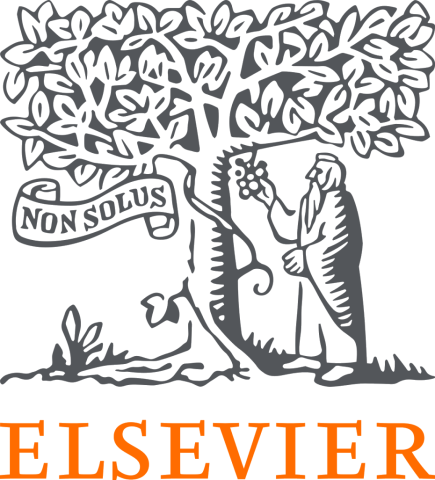
What does a research supervisor do?
Research supervisors must learn to be authentic mentors, as well as sharing their experience and knowledge. Robert Crammond reflects on his time in the role
Research management
Sponsored by

Elsevier helps researchers and healthcare professionals advance science and improve health outcomes for the benefit of society.
Sharing expertise and experience of academia will come naturally to most academics, but acting as a source of developmental support might not, at least not initially.
Over the last decade, I’ve had the privilege of supervising many students at various stages of their academic journeys. Some have been undergraduate students working on their dissertations, some postgraduate master’s students, while others have been working on their doctoral theses. Here I share my advice based on what I’ve learned during my time as a research supervisor and the five key aspects of the supervisory role.
Set realistic goals
First, as supervisors embark on new projects, they should be realistic with their goals – and this is also the case for the supervisees. In short, a work-life balance must be met to ensure that progress is not at the expense of health and well-being. Setting appropriate milestones to effectively respond to the demands of the project is crucial. This should allow time for priorities to be met, while also putting welfare at the forefront.
- Five tips for building healthy academic collaborations
- How to change research cultures to support the well-being of PhD students
- No one agrees on what research leadership is, let alone how to do it well
Across the term or semester, confirm a number of mini-deadlines and ensure that simple catch-ups take place every seven to 10 days. I’ve found that setting these rules helps to reassure students and maintains their focus.
Communicate to gain context
It is vital that supervisors understand new and ongoing factors affecting their research. This appreciation of context, and engaging in conversation about it, both motivates researchers and increases the validity of the work in question. It also helps in understanding any gaps, problems or challenges within the topics. Students and new researchers will feel included and valued as they begin their investigations.
As a key starting point – ask relevant questions. What is the situation that this research topic concerns? Who is involved? What are the impacting factors and where can more information be found?
Be the mentor, not a research robot
Being knowledgeable is fundamental to being a successful and competent supervisor – but so is being relatable. Those you are working with need to know that you care about them not only as colleagues, but also as individuals. Be aware of (and willing to talk about) how the research journey affects each researcher and their family and how it can lead to sacrifices being made in day-to-day life. Being approachable builds strong working relationships and ultimately leads to a positive research culture.
Supervisors should emphasise that the journey has its ups and downs. They should encourage students and research groups to take time to relax, recharge and enjoy their hobbies and interests. A focus solely on work is not sensible or sustainable. The role of the supervisor is not merely about meeting research objectives – it’s about helping students become well-rounded and successful individuals.
Manage workloads
For many academics and research students, workload consists of both teaching and research and can feel rather intense. That’s not to mention role-specific duties, which obviously vary. Agreeing on what is the priority term-to-term results in working smarter and more efficiently.
Consider the many responsibilities your team members are juggling and plan effectively. Target specific conferences or external engagement activities relevant to the research focus, to confirm writing projects and timelines for research within the calendar year.
Emphasise exposure and impact
Effective supervisors ensure that their students and groups are part – and feel part – of their research communities. They also ensure the work they are supervising is visible on the widest possible scale and that the supervisee understands why this is important. What is the purpose of research if it is not shared and placed firmly in the public sphere? If we are to make an impact on society, we must talk about what we are doing.
Pose the following questions to your supervisees at the beginning and end of the journey: What are the (expected) contributions of this research? What knowledge or subject area does this research advance? Where is the significant value? Most importantly, who benefits – and how?
Reflecting on my career as a research supervisor has helped me identify the challenges that need to be addressed in the role. Above all, being an authentic mentor who is approachable, takes workloads into consideration, prioritises work-life balance and provides reassurance will benefit everyone.
Robert Crammond is a senior lecturer at the University of the West of Scotland.
If you would like advice and insight from academics and university staff delivered direct to your inbox each week, sign up for the Campus newsletter.
Research management
Sponsored by




